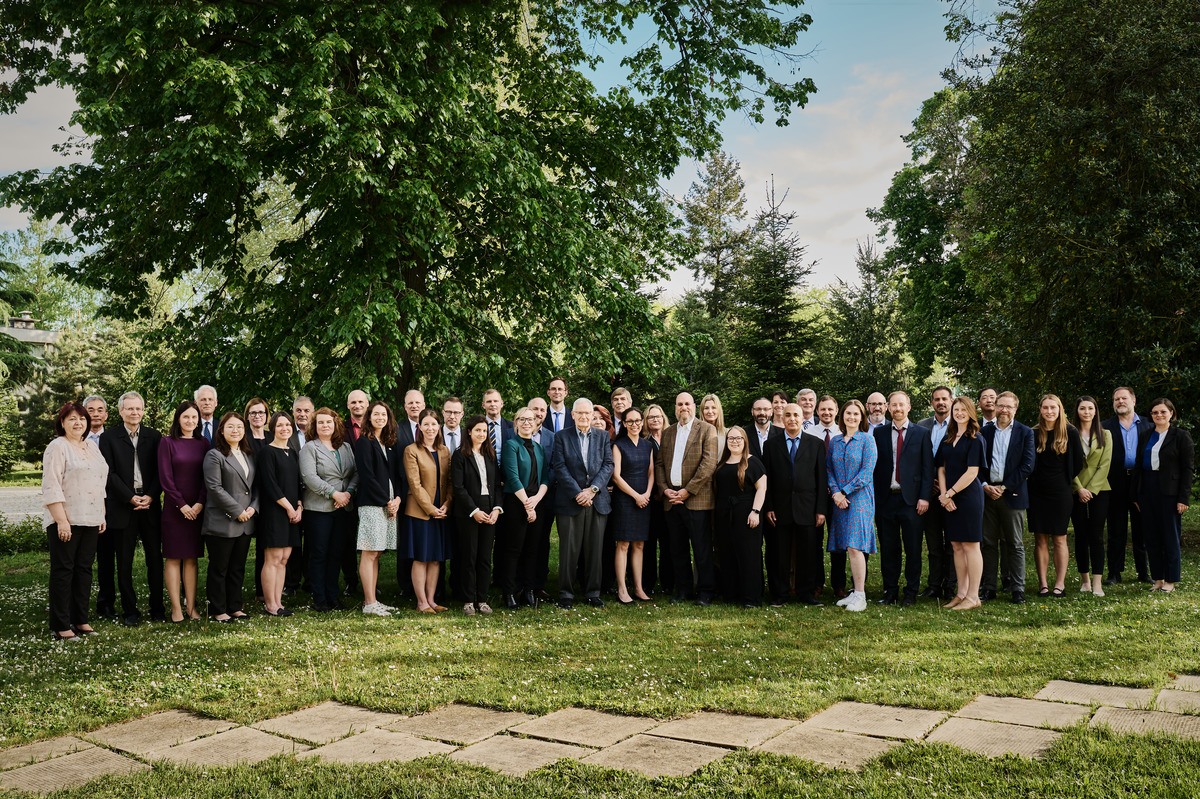Good morning and welcome to Helsinki and the Finlandia-hall. We appreciate highly that so many
delegations have accepted our invitation to participate in this Joint Working Group Meeting of the
International Partnership for Nuclear Disarmament Verification. We are very delighted and honoured to
host this meeting.
The Partnership is entering its fifth year of action. The clear progress and impressive results achieved
during the past four years stand as proof of the value of the collaborative engagement between states
with and without nuclear weapons. This collaboration serves a very good purpose and there are obvious
reasons to continue the Partnership. Let us keep up the good work!
We live in a perilous world. Big power competition seems to be increasing and intensifying. The rules
based international order is challenged in multiple ways. Hard won fundamentals and well-established
norms are breaking down either by design or as collateral damage. Unpredictability is the buzzword
used to describe today’s international politics.
For smaller countries, and I count Finland to be one, these are arduous times. How do you best promote
your own interests and improve regional and global stability in this kind of a world? One obvious answer
is through collaborative partnerships, like the IPNDV.
International arms control and disarmament are in a particularly bad shape. The Russian noncompliance with the INF-Treaty and the subsequent announcement by the United States of withdrawing from the Treaty are a well-known case in point. Nevertheless, there is more to the dismal state of arms control, like the continued use of chemical weapons in Syria and even in Europe, as well as the prevailing problems with the conventional arms control in Europe. In addition, there has not been any progress in getting the Comprehensive Nuclear Test Ban Treaty to enter into force and starting negotiations on the Fissile Material Cut-off Treaty. This is surely not a springtime for arms control.
In a world of escalating tensions, lessened trust and malfunctioning international instruments, the importance of IPNDV and similar initiatives only increase. Even when the work in the IPNDV is considered technical, it serves also a very positive political purpose.
In this respect, I want to mention also the work of the Group of Governmental Experts to consider the role of verification in advancing nuclear disarmament. Although the focus of the GGE is different from the IPNDV, it also highlight the importance the international community puts on developing means of verification as a way of promoting nuclear arms control and disarmament.
Verification is and will be a key ingredient of taking nuclear disarmament forward. The IPNDV achieved
great results in the Phase I addressing the very complex challenge of monitoring and verifying the
physical dismantlement of a nuclear weapon. Phase II of the Partnership will build on the results and will
focus on the verification of nuclear weapons declarations and reductions as well as identify and
demonstrate a select number of key verification technologies identified in Phase I.





